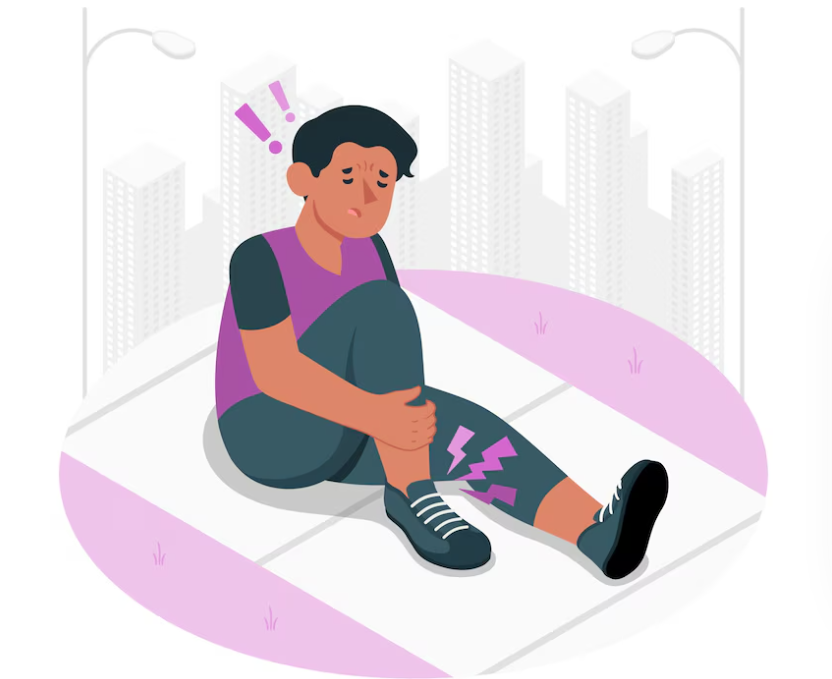
The Role of Hormones in Diabetic Foot Pain: Causes, Management, and Pain Relief Strategies
Diabetic foot pain can be distressing, but understanding its causes and effective management strategies can help alleviate discomfort. Hormones play a significant role in foot health, influencing nerve function and blood circulation. Let’s explore the causes of diabetic foot pain and ways to manage it effectively.
Understanding Diabetic Foot Pain
Diabetic foot pain can result from various factors, including:
- Nerve Damage (Neuropathy): Diabetes can damage nerves, leading to sensations of tingling, burning, or sharp pain in the feet.
- Peripheral Artery Disease (PAD): Reduced blood flow to the feet due to narrowed blood vessels can cause pain, especially during walking or physical activity.
- Foot Deformities: Conditions such as bunions, hammertoes, or Charcot foot can cause pain and discomfort in individuals with diabetes.
The Role of Hormones in Foot Pain
Hormonal imbalances, particularly in insulin and glucagon levels, can impact nerve function and blood circulation, contributing to diabetic foot pain. Managing hormone levels through medication, diet, and lifestyle changes can help alleviate symptoms.
Management and Pain Relief Strategies
- Blood Sugar Control: Maintaining stable blood sugar levels is crucial for preventing nerve damage and reducing diabetic foot pain. Follow your healthcare provider’s recommendations for medication, diet, and exercise.
- Foot Care: Practice proper foot hygiene, inspect your feet daily for cuts or sores, and wear comfortable shoes that provide adequate support and cushioning.
- Medications: Your doctor may prescribe medications to manage neuropathic pain, such as antidepressants, anticonvulsants, or topical creams.
- Physical Therapy: Gentle exercises and stretches prescribed by a physical therapist can improve circulation and alleviate pain.
- Footwear Modifications: Use orthotic inserts or special shoes designed for individuals with diabetes to relieve pressure points and reduce pain.
- Pain Relief Techniques: Apply ice packs, elevate your feet, or try relaxation techniques such as deep breathing or meditation to manage pain.
Conclusion
Diabetic foot pain can significantly impact quality of life, but with proper management and hormone control, symptoms can be alleviated. By understanding the role of hormones in foot health and adopting effective pain relief strategies, individuals with diabetes can improve their overall well-being and maintain an active lifestyle.
To seek medical advice, always consult a Doctor. Here are our recommended experts. Click Here
To read more on Diabetic foot. Click Here


